A bill aimed at addressing security concerns related to TikTok is moving forward to the House floor, marking a significant step in the legislative process. This move comes as former President Donald Trump, who initially sought to ban the app in 2020, has recently softened his stance towards the popular social media platform.
Trump’s Change of Heart

Contrary to his previous efforts to prohibit TikTok, Trump has dialed back his aggressive posture. This shift occurs amidst discussions around the implications of removing TikTok from American smartphones, with Trump suggesting such a move would translate to a boost for Facebook.
Trump Calls Facebook “Enemy of the People”

Trump also stated, “I consider Facebook to be an enemy of the people,” allegedly based on the political donations made by Facebook founder Mark Zuckerberg in the 2020 Campaign. Trump states that Zuckerberg was able to donate hundreds of millions of dollars by funneling it through the Center for Tech and Civic Life, which allowed Zuckerberg and his wife to avoid campaign contribution limits. National Public Radio states that the nonprofit received $350 million from Mark Zuckerberg and wife Priscilla Chan.
Bill Details and Objectives

The proposed legislation requires ByteDance, the Chinese company owning TikTok, to divest its American segment within six months of the law’s enactment. Furthermore, it seeks to grant the president authority to block U.S. access to social media apps owned by foreign adversaries, should they not disengage from their foreign owners.
Congressional Urgency

The bill quickly progressed to a House vote after a unanimous decision by the House Energy and Commerce Committee. This rapid movement was propelled by classified briefings with U.S. intelligence and law enforcement, highlighting the urgency of the situation.
Targeting ByteDance
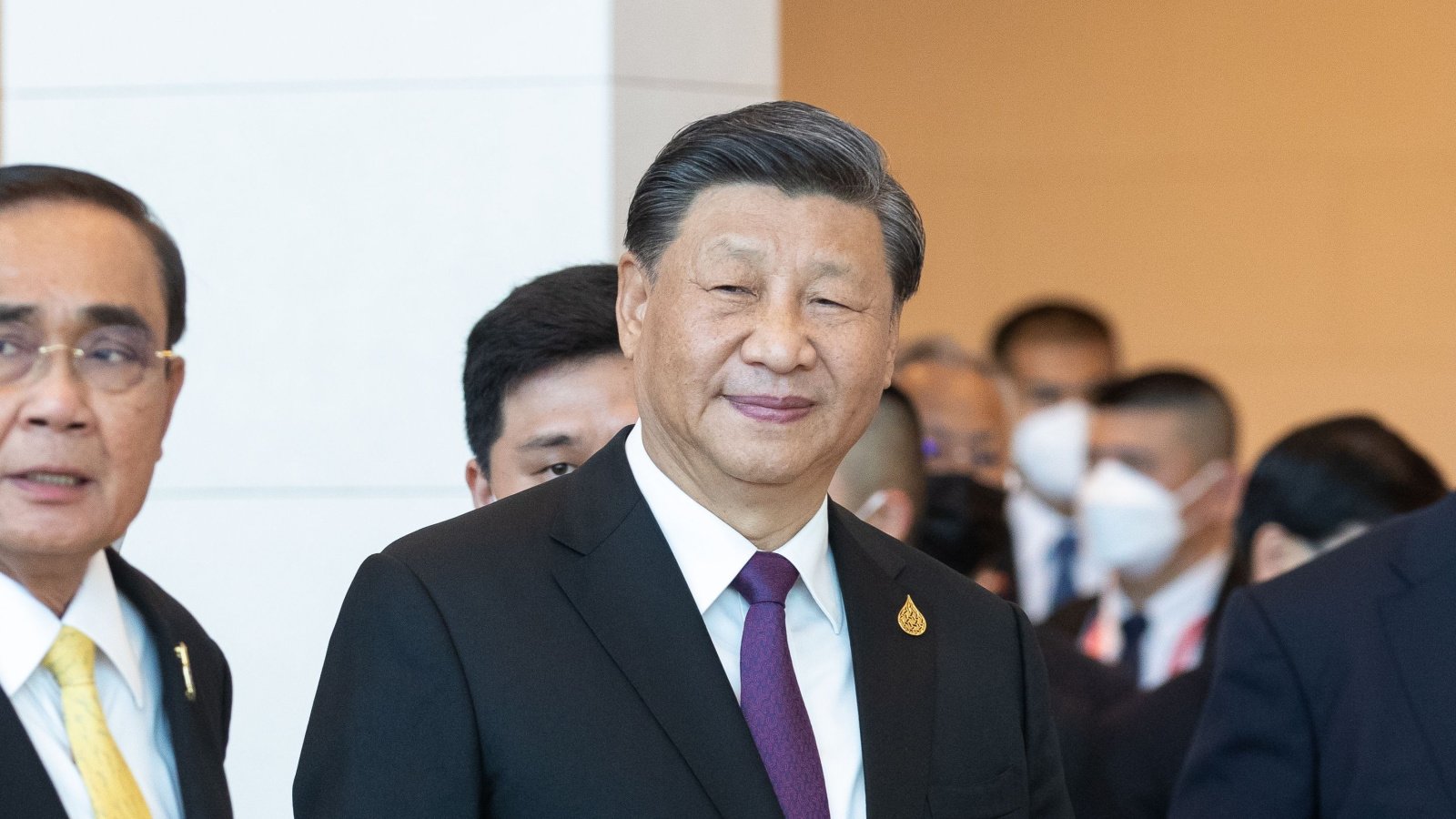
The primary aim of the legislation is not to ban TikTok outright but to compel ByteDance to sever its ties with the app due to concerns over data privacy and potential Chinese government influence.
Anticipated Challenges

Despite its progression, the bill faces several hurdles, including constitutional challenges and the need for Senate approval. Trump’s recent comments add to the complexity, underscoring a potential lack of unified support.
Senator Cantwell’s Role
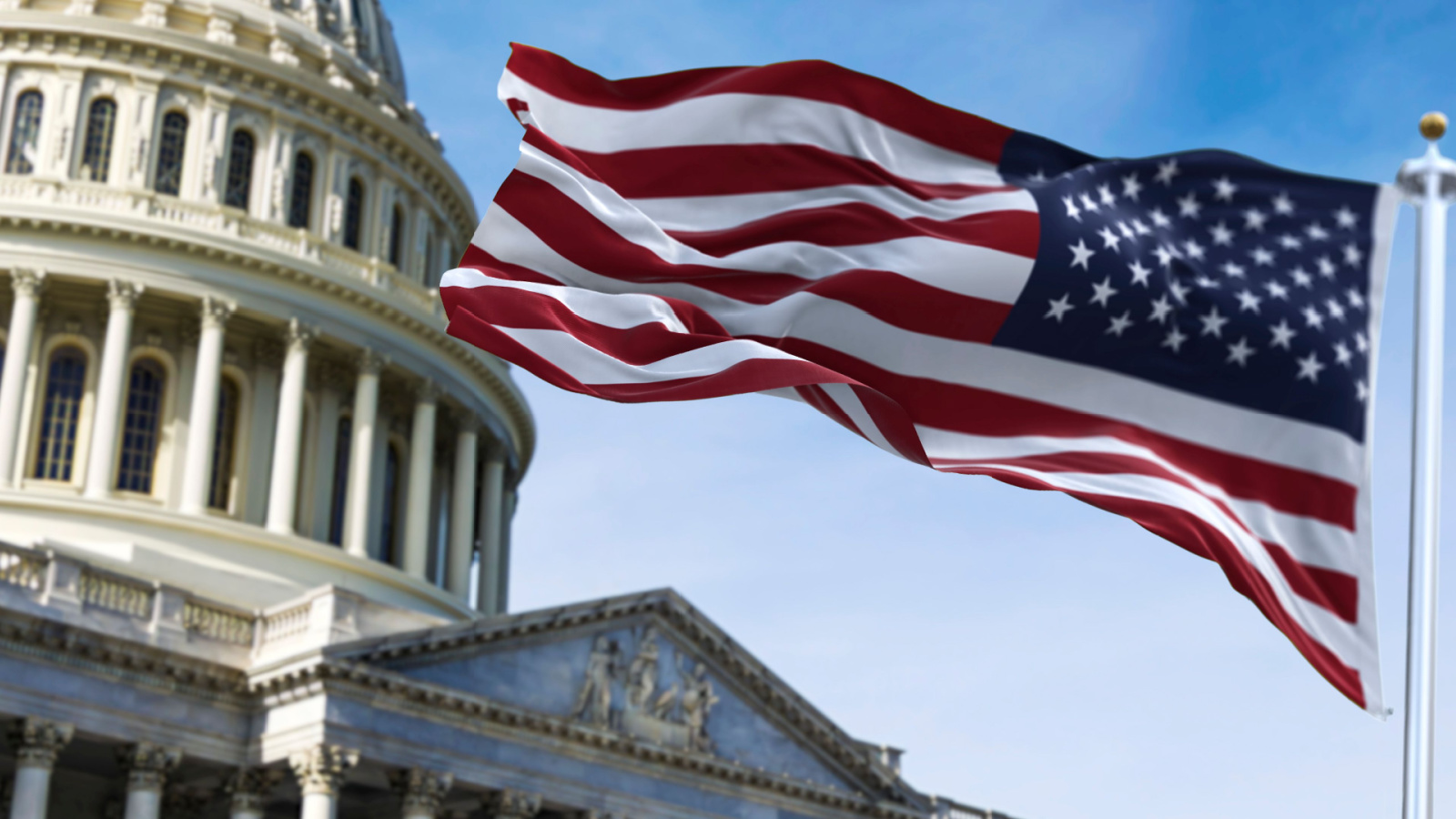
Senator Maria Cantwell, chair of the Senate Commerce Committee, plays a crucial role in the bill’s Senate journey. She has voiced her commitment to ensuring the bill respects free speech and civil liberties while addressing national security concerns.
Free Speech Concerns
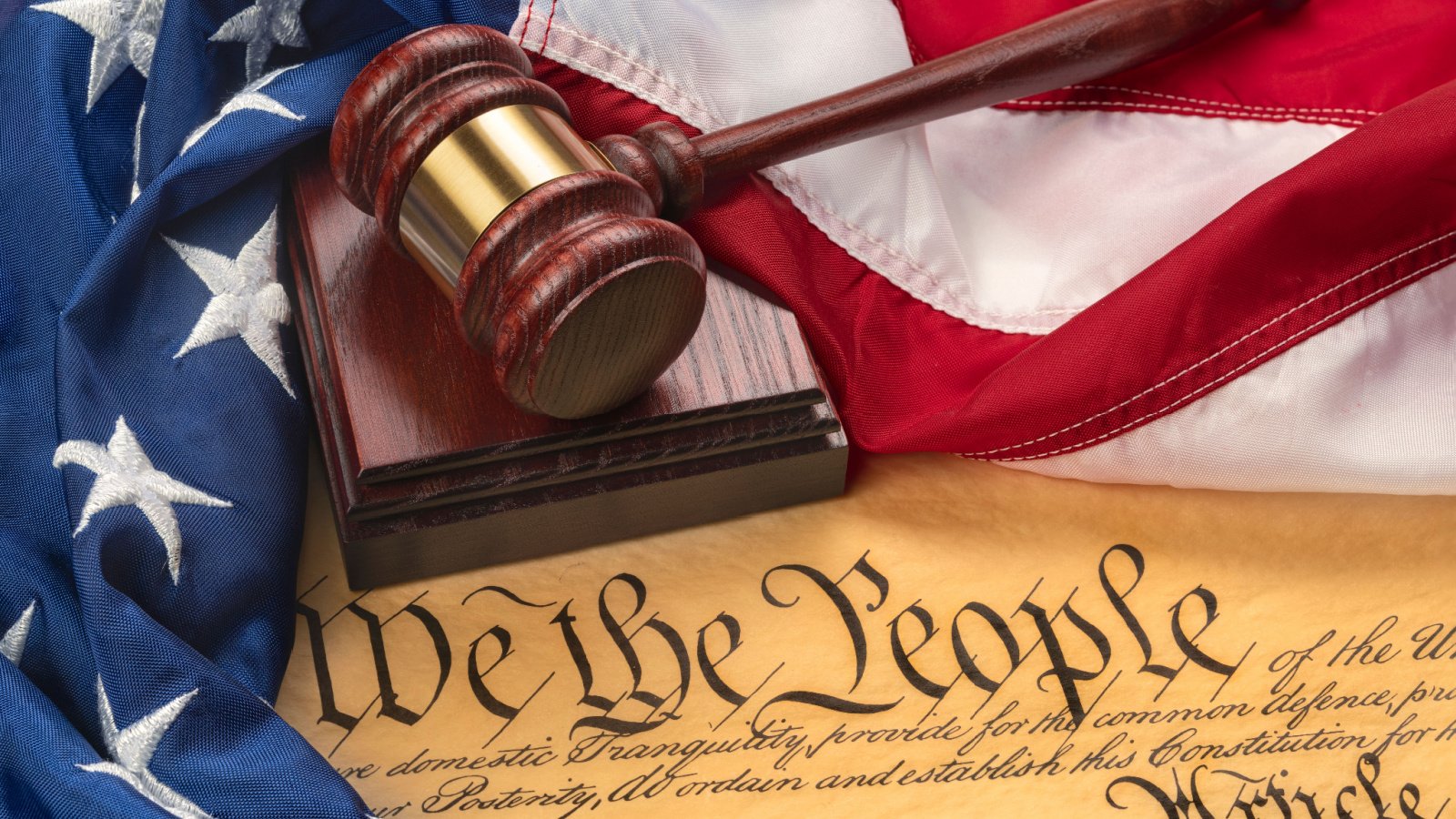
Critics argue that the bill could infringe on First Amendment rights by restricting access to information. Historical precedents underscore the importance of protecting the right to receive information from abroad, even if it’s contentious.
The Path Forward

Advocates for the bill argue for the necessity of comprehensive federal data privacy laws as a more effective means of protecting Americans’ data from foreign exploitation.
State-Level Efforts

Attempts by states like Montana to impose a TikTok ban have faced legal obstacles, highlighting the challenges of navigating digital regulation and constitutional rights.
Political Implications

Trump’s nuanced position on TikTok, following discussions with influential figures, reflects the complex interplay of politics, personal interests, and the digital media landscape.
The Role of Social Media

TikTok’s significance extends beyond entertainment, serving as a vibrant platform for engaging young voters and disseminating news, despite restrictions on direct political advertising.
Legal and Electoral Considerations

The bill’s legal viability and its impact on the upcoming elections remain uncertain, with many anticipating that no significant action will be taken before the election due to legal and political challenges.
Balancing National Security with Individual Rights

As the TikTok bill progresses, it embodies the broader dilemmas facing lawmakers: how to balance national security concerns with constitutional rights and the dynamic nature of the digital age. With the changing political winds and legal challenges ahead, the future of TikTok in the U.S. hangs in the balance, reflecting deeper questions about governance, technology, and free expression in the modern world.






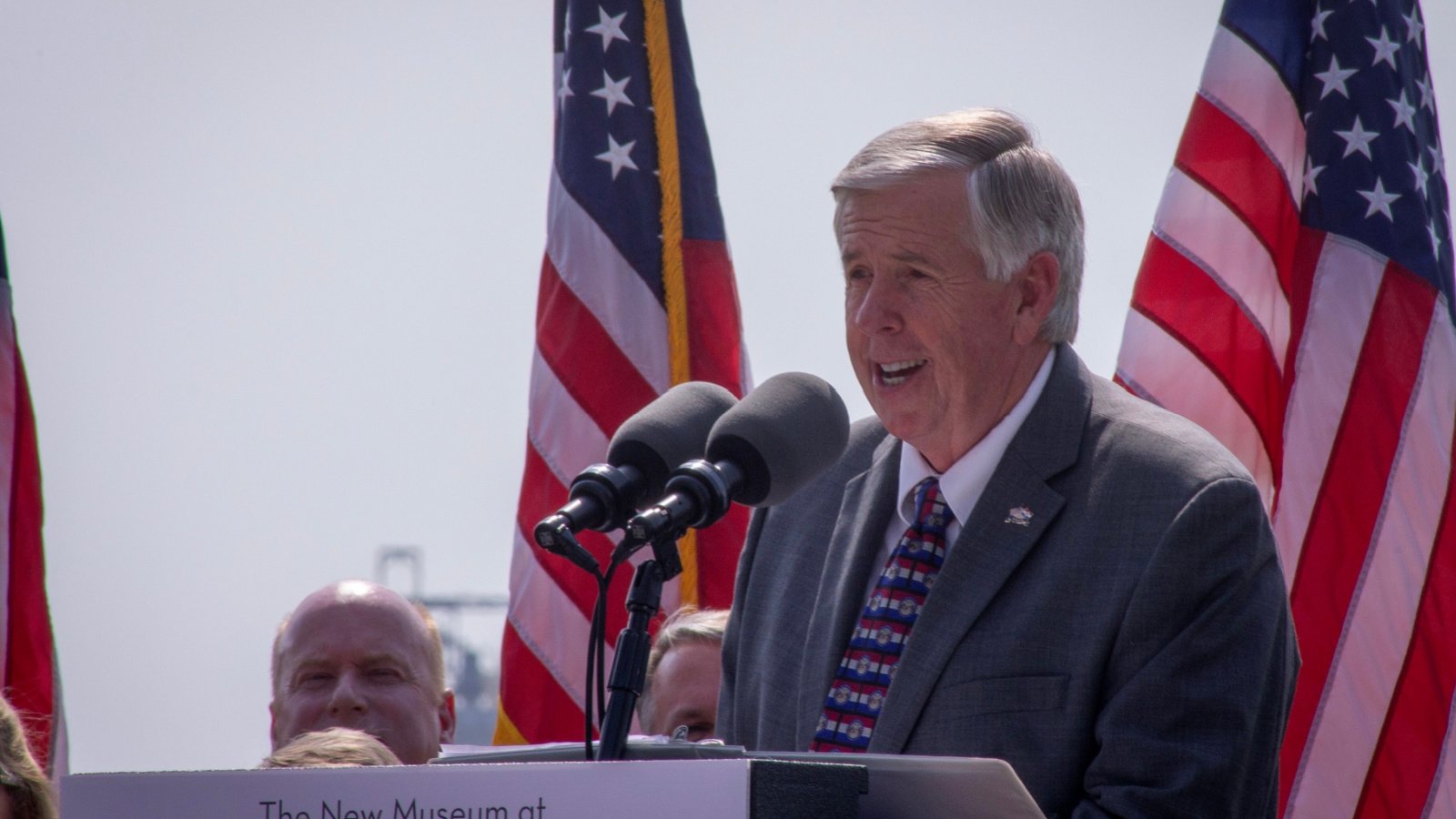

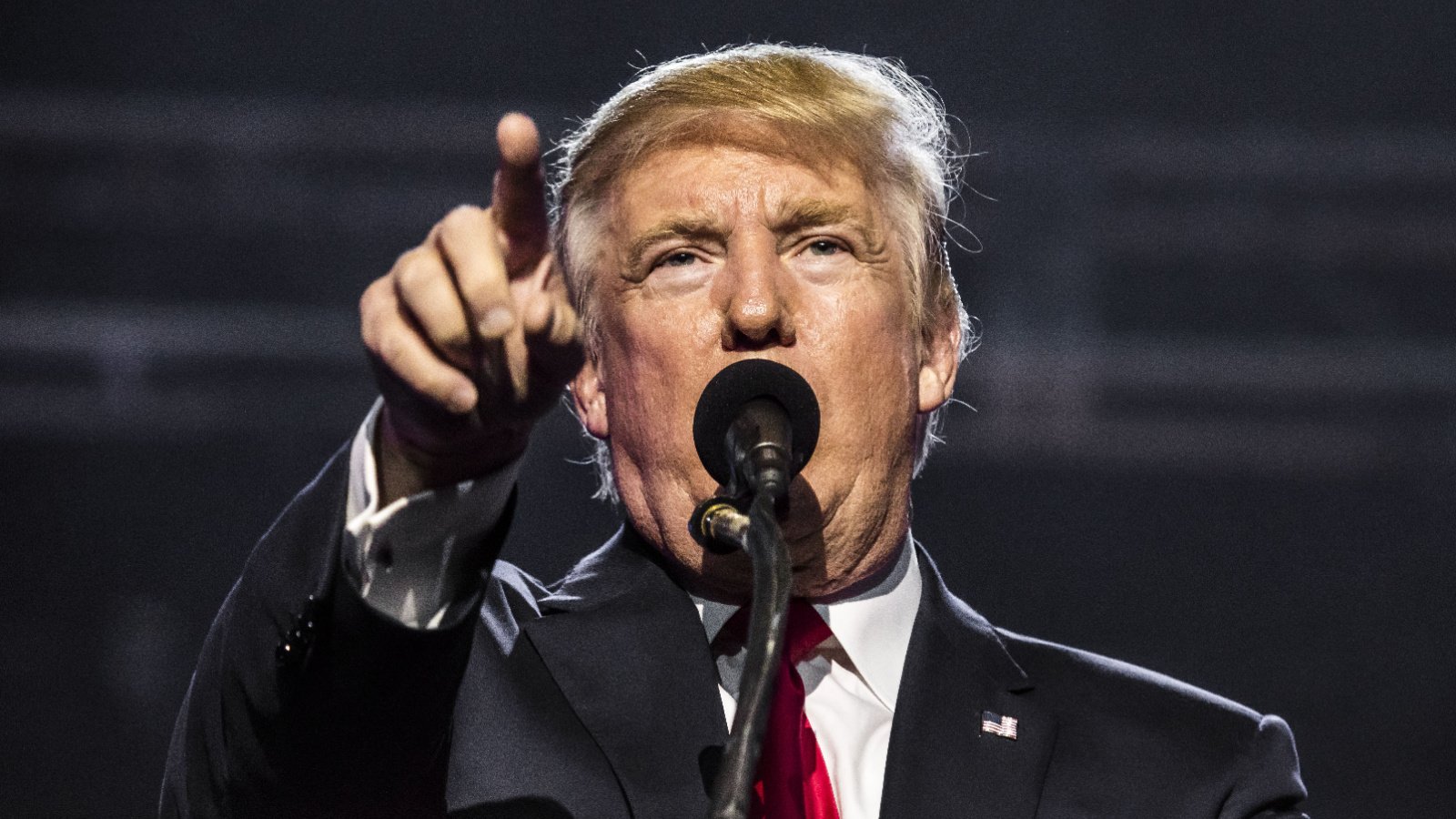
Awesome post! Join the fun at https://www.web-zhd-whats-app.com WhatsApp 网页版的消息传递速度极快,确保信息畅通无阻。 . Date: 2026-01-14 18:08:06 (-03).